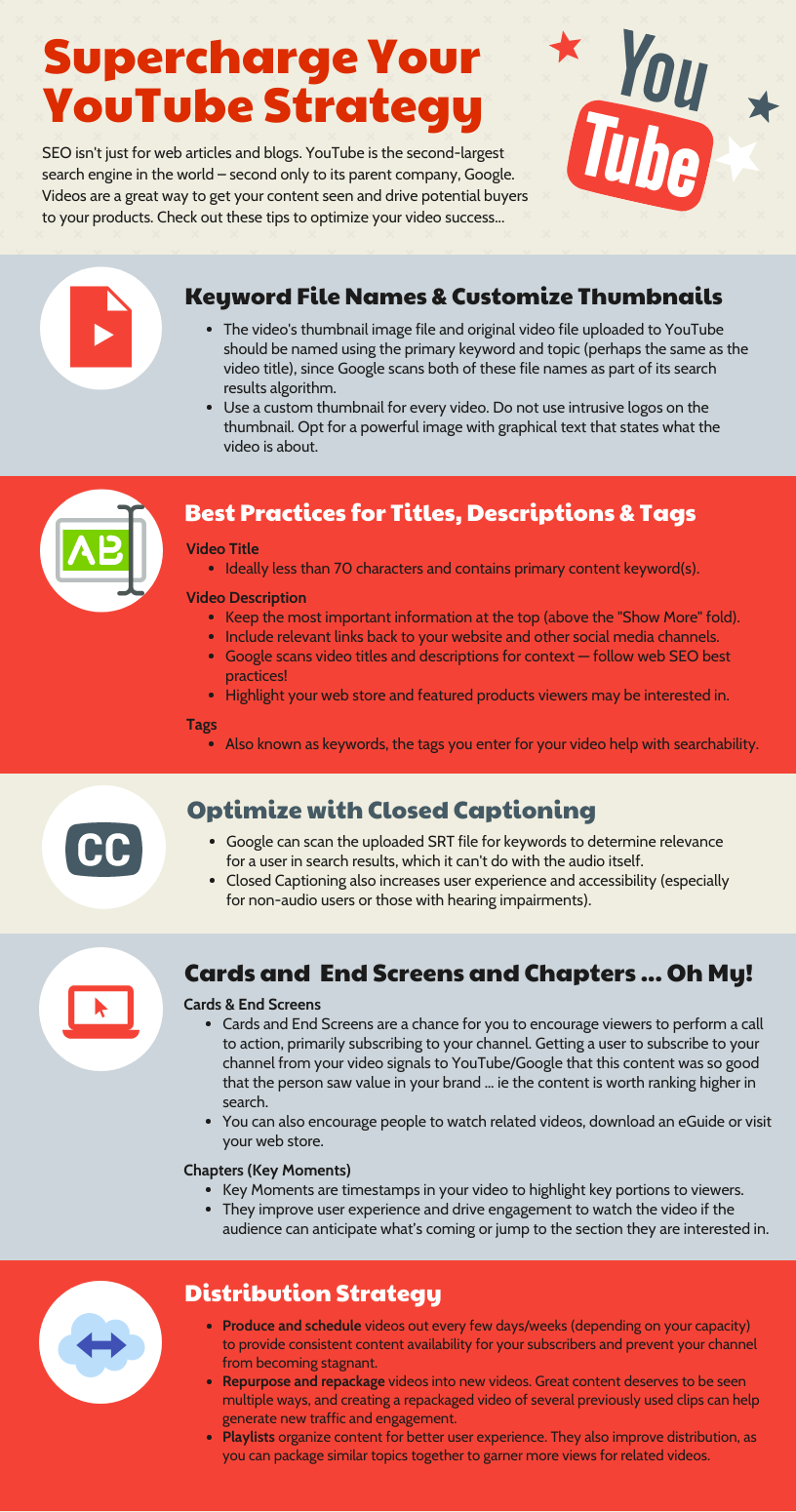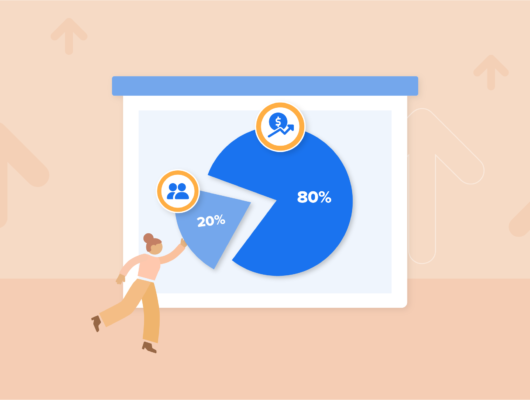SEO optimization for websites involves using relevant keywords, creating high-quality content, optimizing meta tags, improving site speed, and building backlinks. These practices help improve search engine rankings and enhance the visibility of a website online.
By implementing these strategies, websites can attract organic traffic and improve user experience, leading to higher engagement and conversions. Effective SEO optimization also involves staying updated with algorithm changes and continuously refining and updating website content and structure. This ensures that the website remains competitive and relevant in the dynamic online landscape and continues to attract the right audience.
Why Seo Optimization Is Crucial For Your Website
SEO optimization plays a pivotal role in the success of your website. It is crucial for improving your website’s visibility, driving more organic traffic, and increasing conversion rates. Let’s delve into the reasons why SEO optimization is vital for your website.
Improve Your Website Visibility
By implementing SEO best practices, you can improve your website’s visibility in search engine results pages. This means that your website will be more likely to appear at the top of search results when users are looking for relevant information or products.
Drive More Organic Traffic
Effective SEO optimization can significantly increase the organic traffic to your website. By appearing higher in search engine rankings, you can attract more visitors who are actively seeking the products or services you offer.
Increase Conversion Rates
SEO optimization not only brings more traffic to your website but also enhances the quality of that traffic. This leads to an increase in conversion rates, ultimately resulting in more leads, sales, and revenue for your business.

Credit: www.amazon.com
Key Elements Of Seo Optimization
When it comes to SEO optimization, understanding the key elements is crucial for improving the online visibility and ranking of your website. By focusing on the essential aspects of search engine optimization, you can drive more organic traffic and enhance the overall user experience.
Keyword Research
Keyword research is the foundation of SEO optimization as it helps identify the terms and phrases that your target audience is searching for. By selecting the right keywords, you can create content that resonates with your audience and aligns with their search intent. Utilizing tools like Google Keyword Planner, SEMrush, or Ahrefs can provide valuable insights into relevant keywords and their search volumes.
On-page Optimization
On-page optimization involves optimizing individual web pages to improve their search engine rankings and drive organic traffic. This includes optimizing meta titles, descriptions, headings, and incorporating relevant keywords naturally within the content. Moreover, improving website loading speed, creating high-quality and engaging content, and optimizing images and videos are also integral parts of on-page SEO.
Off-page Optimization
Off-page optimization focuses on improving the website’s relevance, trustworthiness, and authority by acquiring backlinks from reputable sources. Building a strong backlink profile through guest blogging, influencer outreach, and social media engagement can significantly enhance the website’s SEO performance. Additionally, fostering a strong social media presence and engaging with the online community also contributes to off-page SEO efforts.
Technical Seo
Technical SEO emphasizes optimizing the website’s infrastructure and backend elements to improve its crawlability, indexability, and overall performance in search engine results. This includes optimizing site structure, implementing schema markup, improving website navigation, fixing broken links, and enhancing mobile-friendliness. Furthermore, ensuring proper website security, enhancing page loading speed, and addressing any crawl errors are essential for effective technical SEO.
Best Practices For Keyword Research
Keyword research is a crucial step in optimizing your website for search engines. By identifying relevant keywords and understanding keyword competition, you can create content that attracts your target audience and ranks higher in search results. Additionally, utilizing long-tail keywords can give you a competitive edge and improve your website’s visibility. In this section, we will explore the best practices for keyword research to help you achieve SEO success.
Identify Relevant Keywords
When it comes to keyword research, the first step is to identify relevant keywords that are related to your website’s content. Start by brainstorming words and phrases that are commonly used by your target audience when searching for products or services similar to yours. Put yourself in their shoes and think about what they would type into a search engine. Additionally, consider using tools like Google Keyword Planner, SEMrush, or Moz Keyword Explorer to find keyword suggestions based on your industry or topic.
Analyze Keyword Competition
Once you have a list of relevant keywords, it’s important to analyze their competition. Keyword competition refers to the number of websites already targeting the same keyword. To gauge competitiveness, you can use tools like SEMrush or Ahrefs to check the keyword difficulty score. Aim for keywords with a moderate level of competition as targeting highly competitive keywords may be challenging for new websites. Analyzing keyword competition will help you choose keywords that allow you to rank higher in search results and drive organic traffic to your website.
Utilize Long-tail Keywords
Long-tail keywords are longer and more specific keyword phrases that target a niche audience. While they may have lower search volume compared to broader keywords, they often have higher conversion rates. Why? Because long-tail keywords attract users who are looking for something specific and have a higher intent to purchase or engage with your content. For example, instead of targeting the keyword “shoes,” you could use a long-tail keyword like “best running shoes for beginners.” These keywords are less competitive, allowing you to rank higher and attract more targeted traffic to your website.
In conclusion, keyword research is the foundation of any successful SEO strategy. By identifying relevant keywords, analyzing their competition, and utilizing long-tail keywords, you can optimize your website’s content to rank higher in search results and reach your target audience. Keep in mind that keyword research is an ongoing process, and it’s important to regularly review and update your keyword strategy based on changes in your industry and search trends.

Credit: www.adlift.com
Mastering On-page Optimization
Mastering On-Page Optimization is essential for improving your website’s visibility and attracting organic traffic. By implementing the best SEO optimization practices, you can enhance your website’s performance on search engine result pages and ultimately increase your online visibility. In this article, we will explore three crucial aspects of on-page optimization: optimizing meta tags, creating high-quality and engaging content, and optimizing URL structure.
Optimize Meta Tags
One of the most important on-page optimization practices is optimizing meta tags. These tags provide search engines with relevant information about the content on your website and help them understand what your pages are about. There are three meta tags that you need to focus on:
- Title Tag: This is the most important meta tag and appears as the title of your web page in search engine result pages. It should accurately summarize the content on the page, include relevant keywords, and be under 60 characters, ensuring maximum visibility.
- Meta Description: This tag provides a brief description of the page’s content and appears below the title tag in search results. It should be compelling, relevant, and around 160 characters, enticing users to click on your link.
- Header Tags: These tags (H1, H2, H3, etc.) structure your content and help search engines understand the hierarchy and relevance of different sections. Use these tags wisely to optimize the visibility of your important headings and subheadings.
Create High-quality And Engaging Content
When it comes to on-page optimization, creating high-quality and engaging content is crucial. Search engines value websites that provide valuable information to users, so focus on delivering content that is informative, well-researched, and comprehensive. Here are a few tips to keep in mind:
- Keywords: Research and incorporate relevant keywords naturally throughout your content. Avoid keyword stuffing, as it can negatively impact your website’s ranking.
- Readability: Write simple sentences and use bullet points, headings, and subheadings to enhance readability. This ensures that users can easily navigate through your content and find the information they need.
- Images and Multimedia: Include relevant images, videos, and infographics to make your content more engaging and visually appealing.
Optimize Url Structure
An optimized URL structure plays a significant role in improving the crawlability and readability of your web pages. Here’s how you can optimize your URLs:
- Relevancy: Ensure that your URLs accurately reflect the content of your web pages. Use relevant keywords that describe the page’s content and avoid generic or irrelevant URLs.
- URL Length: Keep your URLs concise and descriptive. Shorter URLs are easier to read and share, improving the user experience and search engine visibility.
- Hyphens: Use hyphens to separate words in your URLs instead of underscores or spaces. Hyphens are preferred by search engines and make your URLs more readable.
Powerful Off-page Optimization Techniques
When it comes to optimizing your website for search engines, off-page optimization plays a crucial role in improving your online visibility. Off-page techniques involve strategies that are implemented outside your website in order to enhance its authority and credibility in the eyes of search engines. In this section, we will discuss the top off-page optimization techniques that can amplify your website’s SEO efforts.
Build High-quality Backlinks
Backlinks are like votes of confidence from other websites, signaling to search engines that your website is reliable and trustworthy. Building high-quality backlinks from reputable sources is essential for off-page optimization.
Here are some effective ways to build high-quality backlinks:
- Guest posting on authoritative websites within your niche.
- Participating in relevant online communities and forums, leaving insightful comments or contributing to discussions.
- Collaborating with influencers or industry experts to create valuable content that includes a link back to your website.
- Listing your website on trustworthy directories and resource pages.
Leverage Social Media Signals
Social media signals can significantly impact your website’s visibility and online reputation. By leveraging social media platforms, you can amplify your content, engage with your target audience, and increase the chances of attracting high-quality traffic and backlinks.
Here are some ways to leverage social media signals:
- Create compelling and shareable content that encourages users to like, comment, and share.
- Optimize your social media profiles with relevant keywords and include links to your website.
- Share your blog posts and website content on social media platforms regularly.
- Engage with your audience by responding to comments and messages promptly.
Guest Blogging
Guest blogging is an effective strategy for building backlinks, establishing authority, and reaching a wider audience within your industry or niche. By contributing well-written and valuable content to other blogs, you can not only enhance your website’s visibility but also build authority and trust in the eyes of both search engines and your target audience.
Here’s how to make the most out of guest blogging:
- Research and identify authoritative blogs within your niche that accept guest posts.
- Create high-quality and unique content that provides value to the blog’s readers.
- Include a brief author bio with a link back to your website.
- Engage with the readers by responding to comments on your guest post.

Credit: www.lessitermedia.com
Frequently Asked Questions Of Best Seo Optimization Practices For Websites
What Are The Top 5 Seo Strategies?
The top 5 SEO strategies to improve your website’s visibility are: 1. Conducting keyword research to target high-performing keywords. 2. Optimizing your website’s on-page elements like title tags, meta descriptions, and headers. 3. Building high-quality backlinks from reputable websites. 4.
Creating relevant and engaging content that answers users’ queries. 5. Regularly monitoring and analyzing your website’s performance to make necessary adjustments.
What Are Seo Best Practices 2023?
SEO best practices in 2023 include optimizing for user experience, mobile-friendliness, high-quality content, voice search, and site speed. It’s essential to focus on E-A-T (expertise, authority, trustworthiness) and prioritize technical SEO aspects like structured data and HTTPS. Keeping up with algorithm updates and monitoring performance is crucial.
What Is The Best Practice For Seo?
The best practice for SEO includes keyword research, high-quality content, on-page optimization, mobile-friendliness, and link building. Additionally, improving site speed and usability are also crucial for SEO success. Regularly monitoring and adapting to algorithm updates is essential for long-term SEO effectiveness.
How Can I Improve My Website Seo?
To improve your website SEO, follow these guidelines: 1. Conduct keyword research to target relevant terms. 2. Optimize your website’s titles, meta descriptions, and headers with keywords. 3. Create high-quality, unique, and engaging content that provides value to your audience.
4. Build high-quality backlinks from reputable sources. 5. Ensure your website is mobile-friendly and has fast loading speed.
Conclusion
To ensure your website ranks high in search engine results, it is crucial to implement effective SEO optimization practices. By optimizing your website’s content, meta tags, and URL structure, you can improve its visibility and attract more organic traffic. Additionally, creating high-quality, engaging content and focusing on user experience will drive better results.
Remember to regularly monitor and analyze your website’s performance to make necessary adjustments. By adhering to these best practices, you can stay ahead of the competition and maximize your online presence. Start implementing these strategies today and watch your website soar to new heights!







